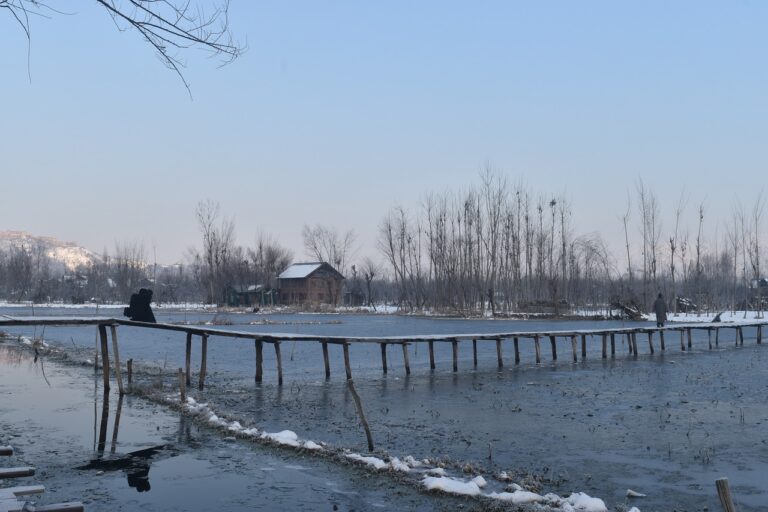Exploring the Impact of Political Scandals on Voter Trust
Political scandals often stem from the misconduct or questionable actions of public officials, drawing attention to their ethical lapses or lack of integrity. These scandals may involve corruption, abuse of power, or illicit behavior that goes against the expectations of public office. The nature of political scandals is characterized by the public outrage, loss of trust, and damage to reputation that can result from such revelations. In many cases, these scandals have a lasting impact on the individuals involved as well as the institutions they represent.
Moreover, political scandals are often fueled by a combination of factors such as power dynamics, personal ambition, and conflicting interests. The nature of these scandals is closely tied to the scrutiny and accountability that comes with holding positions of authority and responsibility. When scandals emerge, they can shape public perception, influence decision-making processes, and prompt calls for reform or consequences. The impact of political scandals is not limited to the individuals implicated but can also have broader implications for the political landscape and governance structures.
Types of political scandals
Political scandals come in various forms and can range from corruption and bribery to sexual misconduct and abuse of power. These scandals often shake the public’s trust in government officials and can have long-lasting repercussions on the political landscape. One common type of political scandal involves financial impropriety, where politicians misuse public funds for personal gain, leading to allegations of fraud and embezzlement.
Another prevalent type of political scandal is related to ethical breaches, such as conflicts of interest or unethical behavior in office. These scandals can tarnish a politician’s reputation and credibility, leading to calls for resignation or impeachment. The exposure of such scandals often sparks intense media scrutiny and public outrage, highlighting the importance of accountability and transparency in political leadership.
Media coverage of political scandals
Media plays a vital role in shaping public perception of political scandals. The extent and nature of coverage greatly influence how scandals are perceived by the masses. Sensationalism and biased reporting can often overshadow the actual facts of a scandal, leading to misinformation and distorted realities. The constant spotlight of the media can also intensify the scrutiny and pressure on politicians involved in scandals, often forcing them to respond and react in specific ways to navigate the public relations fallout.
Furthermore, the 24-hour news cycle and the rise of social media have transformed the landscape of media coverage of political scandals. News spreads rapidly across various platforms, amplifying the reach and impact of scandals. This instant dissemination of information can sometimes lead to hasty judgments and lack of thorough investigation into the underlying issues of a scandal. As a result, media coverage has the power to both inform and mislead the public, shaping their perceptions and influencing the political landscape.
• Media coverage greatly influences how political scandals are perceived by the masses
• Sensationalism and biased reporting can overshadow actual facts of a scandal
• Constant media spotlight intensifies scrutiny and pressure on politicians involved in scandals
• 24-hour news cycle and social media have transformed the landscape of media coverage
• Rapid spread of news across platforms can lead to hasty judgments and lack of thorough investigation into underlying issues
What is the nature of political scandals?
Political scandals involve unethical or illegal behavior by politicians that can damage their reputation and impact their ability to govern effectively.
What are some common types of political scandals?
Some common types of political scandals include corruption, sex scandals, abuse of power, financial impropriety, and election fraud.
How does the media cover political scandals?
The media plays a crucial role in exposing political scandals through investigative journalism, reporting on the details of the scandal, analyzing its implications, and holding politicians accountable for their actions.
Why is media coverage of political scandals important?
Media coverage of political scandals helps to inform the public about unethical behavior by politicians, promotes transparency and accountability in government, and can lead to political reforms and changes in leadership.







